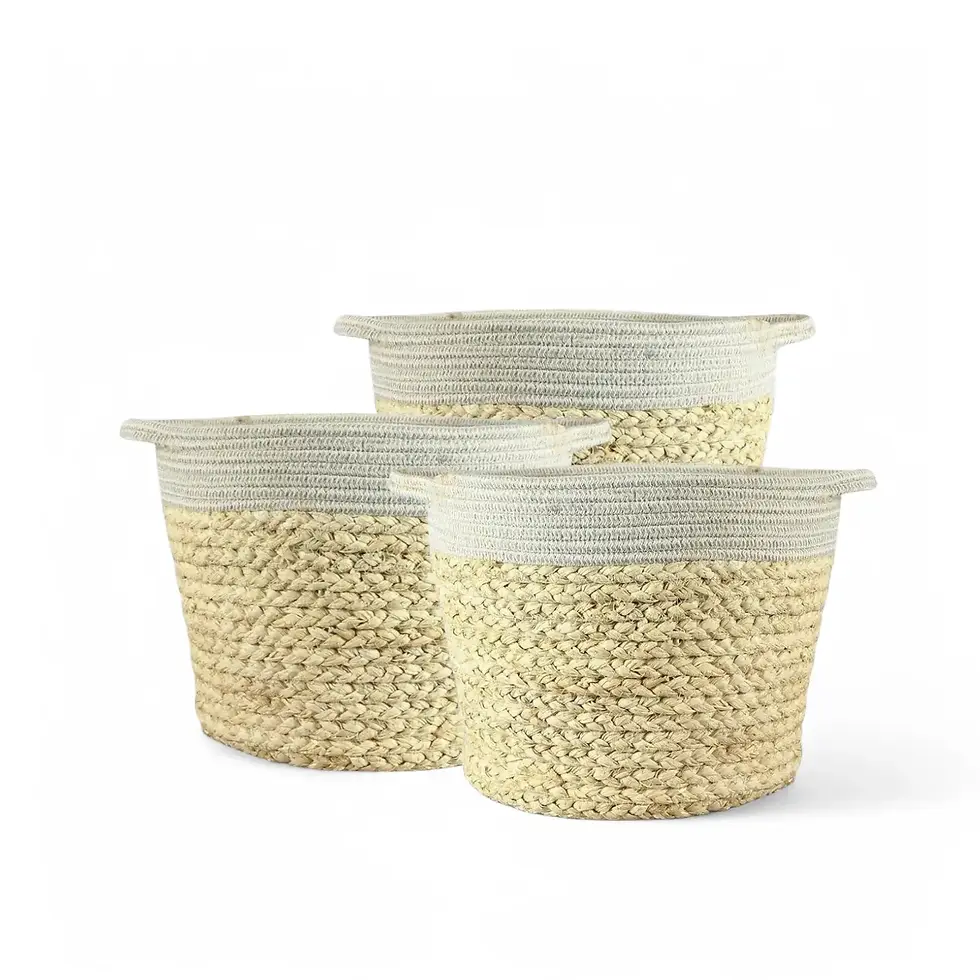Hoya clemensiorum - Information and Comprehensive Care Guide:
Hoya clemensiorum (T.Green) is a stunning and versatile plant adored by houseplant enthusiasts and collectors. With its large, striking leaves and robust climbing growth, this species is perfect for enhancing indoor greenery. Native to the tropical regions of Southeast Asia, including Borneo and East Malaysia, Hoya clemensiorum combines beauty with resilience.
Key Features of Hoya clemensiorum:
- Foliage of Hoya clemensiorum: Lance-shaped leaves that can grow up to 20-40 cm long and 10 cm wide.
- Textured Leaves of Hoya clemensiorum: Thick, leathery leaves with a crocodile-skin-like texture.
- Growth Habit of Hoya clemensiorum: A trailing or climbing vine ideal for trellises or hanging baskets.
- Flowers of Hoya clemensiorum: Small, star-shaped with a musk, citrus, or light lemon scent.
- Origin of Hoya clemensiorum: Discovered in Borneo’s Rafflesia Center by Ted Green in 1991.
Essential Care Tips for Hoya clemensiorum:
- Light for Hoya clemensiorum: Bright, indirect sunlight is ideal.
- Watering Hoya clemensiorum: Allow the top 2-3 cm of soil to dry before watering thoroughly.
- Humidity for Hoya clemensiorum: Maintain 60-80% humidity for optimal growth.
- Soil Mix for Hoya clemensiorum: Use a well-draining potting mix with orchid bark and perlite.
- Fertilizing Hoya clemensiorum: Feed every 4-6 weeks with diluted, balanced fertilizer.
Common Problems and Solutions for Hoya clemensiorum:
- Pests on Hoya clemensiorum: Treat infestations with neem oil or insecticidal soap.
- Root Rot in Hoya clemensiorum: Ensure good drainage and avoid waterlogging.
- Yellow Leaves on Hoya clemensiorum: Allow soil to dry between waterings.
Etymology of Hoya clemensiorum:
The genus name Hoya honors Thomas Hoy, an 18th-century English gardener. The species name clemensiorum commemorates J. and M.S. Clemens for their studies of Borneo's flora.
Frequently Asked Questions about Hoya clemensiorum:
- How often should I water Hoya clemensiorum? Water when the top 2-3 cm of soil feels dry.
- Can Hoya clemensiorum tolerate direct sunlight? No, it prefers bright, indirect light.
- Is Hoya clemensiorum pet-safe? Generally non-toxic but keep out of reach of pets.
Ready to add Hoya clemensiorum to your indoor garden? Order now and enjoy its stunning foliage and fragrant blooms!
Hoya clemensiorum (Sumatra)
Hoya clemensiorum (Sumatra) comes in a ⌀ 12 cm pot and is ca 15 cm tall
























































